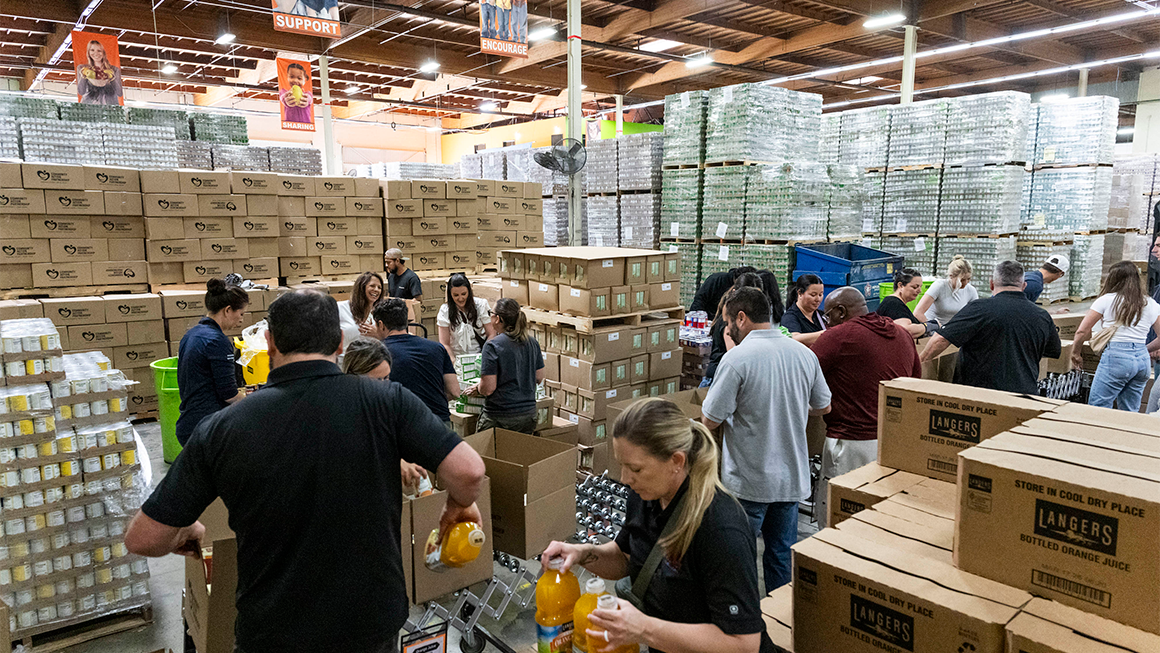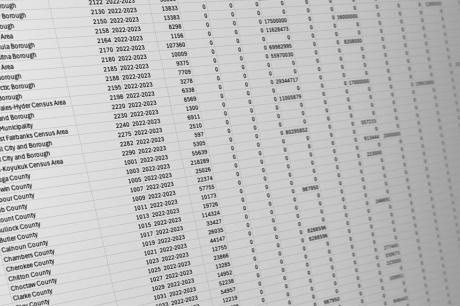Articles and analysis on today's issues

Federal cuts to the Supplemental Nutrition Assistance Program could cause some DC-area families to lose an average of $187 in monthly benefits.
How Third-Party Data Can Strengthen the Strained Federal Data Landscape Third-party data offer a promising opportunity to help fill federal data gaps—but careful vetting and philanthropic investment is needed to address quality, accessibility, and governance concerns.How Cities Can Fill Federal Safety Net Gaps in Child Care and Early Learning Hartford, Connecticut, models how cities can use data and community insights to inform strategies to improve child care and early learning systems.A New VA Home Loan Program Reform Act Is a Step toward Helping Veterans Avoid Foreclosure, but Implementation Issues Remain Federal policymakers can take steps to ensure a strong program rollout, but legislative fixes and clear guidance from the VA are needed to increase the program’s impact and effectiveness.Low-Wage Workers Rarely Get to Control Their Time. Stable and Flexible Scheduling Gives Them the Autonomy They Need to Learn, Care, and Rest. Every Labor Day, millions of workers get up and go to work to perform the essential functions of the American economy. But without stable and flexible scheduling, these workers lack options to take care of responsibilities outside of their jobs.Denver’s Progress on Reducing Unsheltered Homelessness and Encampments Offers a Promising Path for Other Cities Insights from an evaluation of Denver’s All In Mile High Initiative evaluation highlight five strategies other communities could adopt to reduce the number of residents enduring homelessness.What Happens If the Census Doesn’t Count Everyone? Changing the US Census to exclude people without legal status would have real consequences for state budgets and community well-being.





